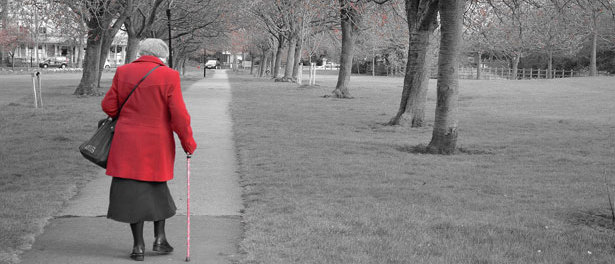Aging in the New Millennium

With the size of the older population in the US growing larger and larger as the “boomers” reach 65 and up, we are seeing an opportunity to create a surge in holistic wellness promotion. There are many obstacles to realizing this goal. For one, the medical model that is most accepted in the US does not foster holism very well. The drive to treat disease through pharmaceutical intervention, and when that is not effective, through surgical or other invasive interventions, is a direction that we all should be trying to avoid with all our efforts. Not to say that drugs and surgery do not have their place in the medical intervention model. These interventions are most successful in the acute response to urgent trauma care, like a gunshot wound or the injuries sustained in an accident. When it comes to treating chronic conditions that are mostly related to lifestyle and environmental factors, these interventions are basically “closing the barn after the horse has gotten out”.
Going forward, we need to develop a medical model that considers lifestyle and environmental factors much more. Looking at traditional healing practices across the globe we can see examples of how this type of model has been successful for thousands of years. Traditional Chinese Medicine or Ayurveda are two strong examples. These traditional medical models are holistic by definition. We can learn much, and we have learned a bit from them. The national focus on responding to the potential crisis in healthcare for the seniors of the new millennium must become more holistic if we have a chance to succeed.
There is a potential for a little bit of light at the end of the tunnel. The National Institutes of Health (NIH) have posted the strategic directions for research on aging for the National Institute of Aging (NIA) this past October:
Understanding the Dynamics of the Aging Process
- Goal A – Better understand the biology of aging and its impact on the prevention, progression, and prognosis of disease and disability.
- Goal B – Better understand the effects of personal and societal factors on aging, including the mechanisms through which these factors exert their effects.
Improve the Health, Well-Being, and Independence of Adults as They Age
- Goal C – Develop effective interventions to maintain health and function and prevent or reduce the burden of age-related diseases, disorders, and disabilities.
- Goal D – Improve our understanding of the aging brain, Alzheimer’s disease and other neurodegenerative diseases. Develop interventions to address Alzheimer’s and other age-related neurological conditions.
- Goal E – Improve our understanding of the consequences of an aging society to inform intervention development and policy decisions.
- Goal F – Understand health differences and develop strategies to improve the health status of older adults in diverse populations.
Support the Research Enterprise
- Goal G – Support the infrastructure and resources needed to promote high quality research.
- Goal H – Disseminate information to the public, medical and scientific communities, and policy makers about research and interventions.
The goals for aging research that are being developed by the NIA are comprehensive and cover very important concerns for older adults in America. They even approach a holistic perspective in that they are considering biological, cognitive/emotional, and societal/community domains. The understanding of health and wellness promotion for seniors in a broad context is essential to creating opportunities to ease suffering for the largest population of seniors in American history. Without an abundance of resources applied to this population, we are at risk of generating the largest population of chronically ill seniors in history. The cost to personal wellbeing, family wellbeing, and fiscal wellbeing for the nation will be beyond imagining without taking strong steps to intervene.
The NIA effort to promote this research is a worthy cause and I would encourage anyone who is involved in aging research or working with seniors to review these goals and to provide feedback to the NIA. In my research, I explored how seniors experience spirituality and wellness. This is directly related to the Goal B – Better understand the effects of personal and societal factors on aging, including the mechanisms through which these factors exert their effects. Though I would like to see language incorporating spirituality in these goals, I understand how this aspect of human reality is excluded. We still have a taboo in our “scientific” community against including spirituality in an explicit manner. It is not hard to see that “personal and societal factors” can capture the experience of spirituality. It is unfortunate that it is still necessary to keep language about spirituality out of the “official” documentation of our efforts to promote wellness for seniors.
What is your role in responding to the wellness promotion “crisis” facing the growing senior population of the 21st Century? Is this an area that you can see holds a critical role in producing a sustainable future for our nation, and eventually for the planet? Can you see how continuing down the road of “business as usual” for our medical model will result in a class of seniors that require increasingly invasive and cost prohibitive medical intervention. Are we approaching a world where only those with the means to afford expensive insurance plans will have access to the standard medical interventions that are available to treat the chronic conditions that are rampant in our elder population? Are we already there? What can we do about it?



